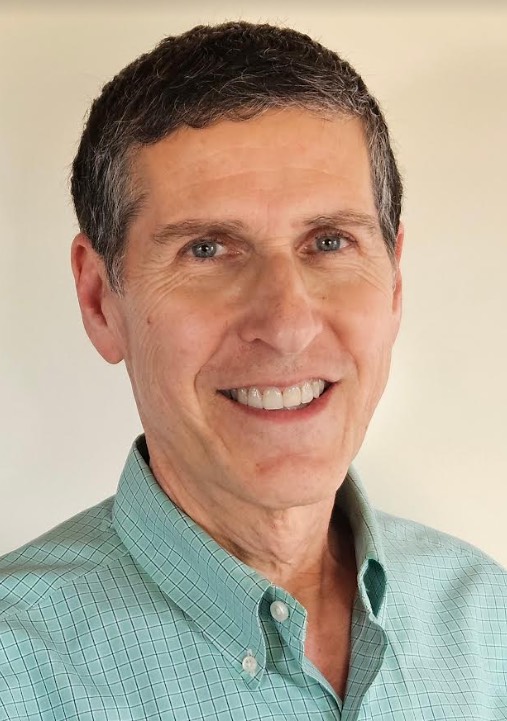Of all of the kinds of childhood abuse, sexual abuse is perhaps the most damaging to people’s lives. In this article, I discuss sexual abuse, the impact on individuals and relationships, and some resources for learning how to cope.
What is sexual abuse?
Sexual abuse includes any sexual touching, rubbing, or fondling of a child by an older person, as well as being shown pornography or sexually explicit websites. The perpetrator can be an older child, adolescent, or adult. The advances may be resisted or welcomed by the child, and if s/he is young enough, the child may not understand what is happening at the time.
There are generally two kinds of perpetrators. The Seducer entices their victims into having sex without coercion or threats. This kind of abuse generally starts out as “play” before turning into sex. The other type of perpetrator is the Coercer – s/he will make threats to kill the child’s parents or pet, for example, if the child doesn’t comply. Sometimes, the Seducer can become coercive if s/he becomes afraid that the child will reveal what’s going on.
Contrary to popular belief, most perpetrators are not strangers. Rather, they are most often relatives or other trusted authority figures. The vast majority of perpetrators are heterosexual and male, and they may not have a preference for the gender of their victims.
Effects of sexual abuse
As adults, regardless of the type of abuser, many of the effects are similar. A number of factors will influence how an adult handles being sexually abused as a child. A large number of people develop flashbacks, nightmares, avoidance of people and places, as well as other signs of post-traumatic stress, anxiety, and depression.
Some people can more readily access healthier “coping tools” to deal with abuse, but others turn to alcohol, drugs, gambling, overeating, or sex as a way of coping. These coping tools, while helpful in the short run, easily become problems later on.
A great number of victims feel guilty about their abuse. Ironically, victims who were forced generally have less guilt as adults than those who were seduced. This is because the Seducers trick their victims into seeing the abuse as mutually welcomed. Indeed, the physical sensations of being touched, in addition to the emotional experience of being loved and cared for, can create a sense of responsibility and reciprocity.
Many men and women wonder if there was something they did that contributed to their abuse, and some heterosexual men wonder if it means that they must be gay. These are natural feelings that relate to the “adult mind” trying to understand his or her own mind as a child. Heterosexual men cannot “become gay” as a result of their abuse, but part of the challenge for heterosexual men is that they question something that heterosexual men who were not abused never had to question. Some gay men feel that the abuse somehow made them “that way”, and they question if they would be attracted to other men without being abused. At the same time, many lesbians wonder if abuse by a male perpetrator caused them to turn to women. Of course, both cannot be true (which makes neither of them true), but on an emotional level, many victims live with this nagging question.
In addition to guilt, most victims develop a deep sense of distrust and fear of being vulnerable or intimate. Issues of abandonment and betrayal are often part of the aftermath of sexual abuse. These hardships often make adult relationships problematic and challenging at best. A history of abuse can lead to sexual problems, including sexual disorders related to libido, arousal, and functioning.
Some resources to help
Help for coping with the challenges of being a survivor of sexual abuse comes from many places. There are many places for heterosexual survivors, and a couple of websites worth considering are Adult Survivors of Childhood Sexual Abuse on Psychotherapist Net and sexual abuse / trauma on the All About Counseling site. For gay male and lesbian survivors, a book to consider is Can’t Touch my Soul and for their partners of lesbian survivors, survivor.
Therapy is a place where many people go for assistance in recovering, and there are many groups for abuse survivors led by competent therapists. If you don’t have a friend who can offer you a referral, the Internet may be a good place to start. Search for: Psychotherapists for Incest Survivors, or Psychotherapists with Experience in Sexual Abuse Recovery or some other variation with the word Psychotherapist, Incest, Survivor, and/or Abuse.
Spouses can help, and if you’re in a relationship, your partner can only help you if s/he knows that you have been abused and is respectful of your issues. You can inform your partner of certain phrases or things that s/he shouldn’t do sexually to avoid triggering memories (and of course some triggers have nothing to do with sex), and you can ask your partner to turn control over to you if you feel the need to do so. If your partner won’t do these things for you, you may need to see a marriage counselor, and if that doesn’t help, you may need to question if this is the right person for you – and consider going into therapy for yourself.
Friends can also help, but like partners, they may not be as objective as a psychotherapist. However, if you reveal some of your thoughts and feelings to a friend who turns out to have been abused, it can be a relief to know that your experiences are not unique. For most people, self-help groups, therapy, and on-line groups can go a long way toward healing from sexual abuse.

A big thank you for your article. Really — thank you!